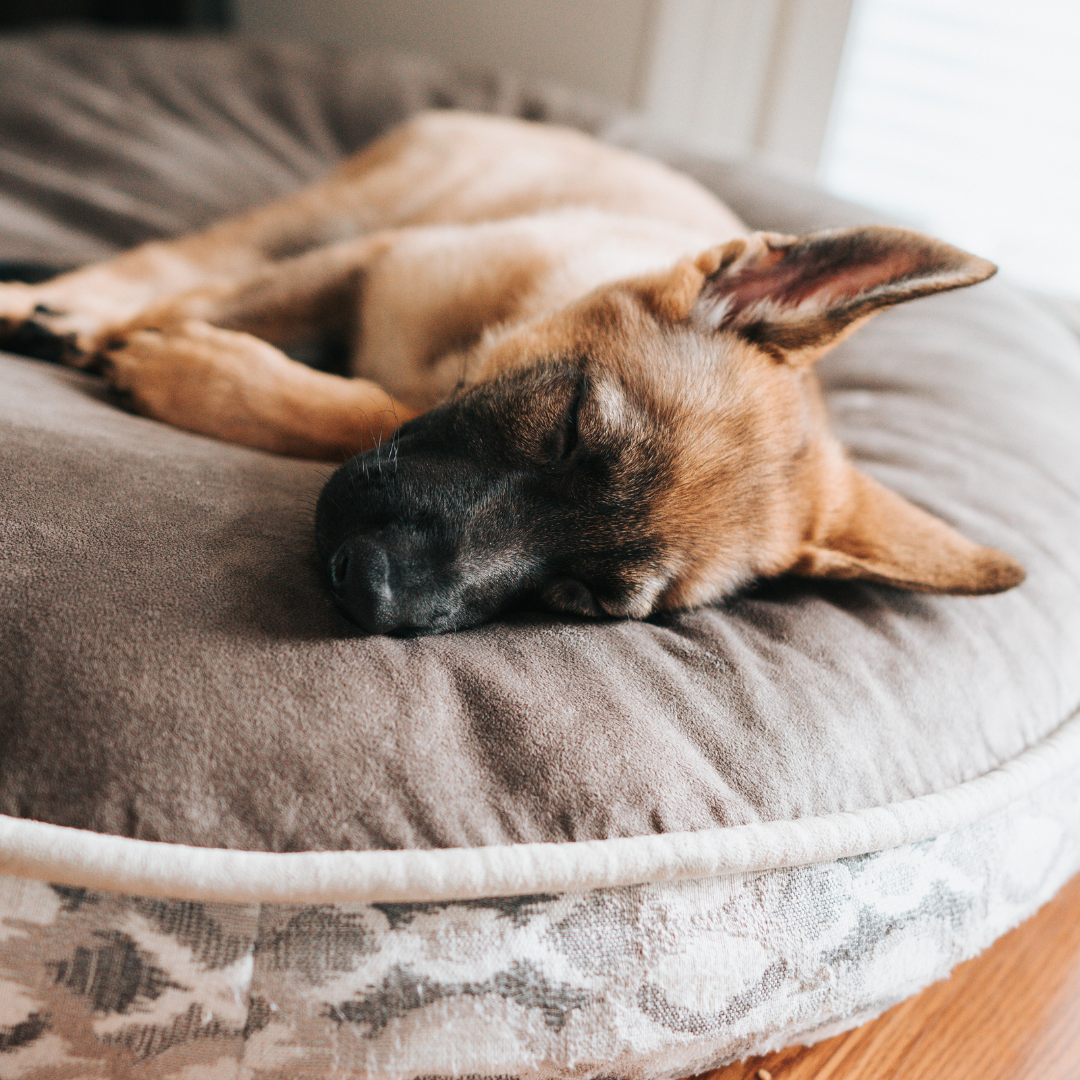Your Cart is Empty

The most common digestive system problems in dogs.
It's common knowledge that gut health is the precursor to overall health. In recent times the importance of optimal gut health for us humans has been paramount. The same needs to be said for our furry buddy’s.
Alison Daniel, Animal Nutritionist and co-founder of mypetnutrionist.com states that ‘approximately 70% of the immune system resides in the gut, so making sure your pet’s digestive system is in tip-top condition is essential’ (My Pet Nutritionist | 7 Steps to Optimal Gut Health for Pets).
It is important to note that if you have a concern for your dog’s digestive health you should first consult your veterinarian as its always important to rule out anything sinister.
Having cleared any serious illness with your vet, it is highly likely that your pup could be experiencing a mild digestive imbalance or any one of the below issues.
Top 7 Digestive Issues in Dogs and how to overcome them

1. Excessive Gas
We all know that dogs can be some of the worst culprits when it comes to gas! But contrary to popular belief – it doesn’t just come with the territory of having a dog. This is usually a sign of something else going on. According to the American Kennel Club AKC (How to Stop Dog Farts – American Kennel Club (akc.org)) ‘Gas in dogs can be increased if you have a speed-eater and short-nosed brachycephalic breeds including Pugs, Boston terriers’ but it doesn’t have to be! There are a few ways we can assist in reducing gas in our dogs.
They include:
Slow transitions to new diets – transitioning over a week or more (How to Switch Dog Foods: Transitioning Your Dog's Diet (akc.org)) as small bits at a time.
Avoiding feeding your dog scraps - Dr. Sara Ochoa, DVM, Veterinary Consultant for DogLab (How to Stop Dog Farts – American Kennel Club (akc.org)) highlights in particular that “most dogs are lactose intolerant, so giving them anything with dairy will upset their stomachs,”
Slowing down eating speed – this usually results in a lot of air being swallowed – try a slow feeding bowl or taking your dogs food away multiple times before they finish so they slow down.
Try a good probiotic! Anything with Saachromyces Boulardii is usually a great option!
2. Loose stools
Dogs are forever curious and they will literally eat ANYTHING.
So this can be a common occurrence.
Once you have determined your doggo does not need urgent medical attention some home remedies can assist overcoming those loose stools.
Veterinarian Dr Robert J Silver of Thebark.com(Vet Advice: Treating Diarrhea in Dogs | The Bark) recommends pairing back your dogs diet in the first 24hrs – plain rice and water is a good way to start.
Probiotics can also assist to re-line the gut and help normal gut functioning get underway. Its recommended to re-introduce solids slowly when your dog seems to be feeling better.


3. Constipation
According to Gina @ Paws Life (Constipation in Dogs - Paw Life) your dog could be suffering from constipation due to a lack of exercise, water, fibre intake or poor diet.
Luckily this can be treated quite easily – things such as a high fibre diet, increased water or exercise, or even coconut oil can assist alleviate this discomfort.
4. Nausea and vomiting
This could be due to a number of issues, including your dog eating meat which has expired.
Many vets these days actually recommend cooking your dogs food to ensure bacteria and parasites in raw meat can be killed prior to consumption.


5. Reflux
Yes your buddy can suffer from acid reflux too!
Veterinarian Hannah Hollinger (Acid Reflux in Dogs - Signs, Causes, Diagnosis, Treatment, Recovery, Management, Cost (wagwalking.com)) states that ‘treating acid reflux can be as simple as changing your dog’s food, or as major as surgery.
Most veterinarians will recommend changing your dog’s diet to boiled chicken, rice, and/or blanched broccoli in order to sufficiently reduce the acid reflux.’
6. Infections
Gastroenteritis in dogs is very common and refers to ‘inflammation of the gastrointestinal tract, meaning the stomach and the intestines. It can be caused by infection with bacteria, viruses, parasites, medications, or even new foods. The condition often causes abdominal pain, diarrhea, vomiting, and/or other clinical signs’ (Gastroenteritis in Dogs | VCA Animal Hospital (vcahospitals.com)).
If you suspect your best buddy has succumbed to a bout of gastro it is best to consult your vet.
They may prescribe anything from antibiotics to treat the infection, anti-diarrheal or anti-vomiting drugs and may also provide gastrointestinal protectants to help your buddy avoid developing stomach ulcers.


7. Swallowing a foreign object
This is very common and can also be very dangerous!
If you suspect that your dog has swallowed a foreign object, or they are presenting any of the following symptoms (Don’t Eat That! When Your Dog Swallows a Foreign Object | Oakland Veterinary Referral Services (ovrs.com)):
• Pawing at mouth
• Drooling
• Choking or gagging
• Licking the lips repeatedly
• Refusal to eat
• Vomiting
• Lethargy or restlessness
• Distended or painful abdomen
• Inability to defecate
Then it is best to take them to see the dog doc straight away. Prevention is always better than finding yourself in a tricky ingestion situation, so try and avoid giving your best bud anything that they may attempt to swallow whole – bones, toys, food items, your clothing etc (sounds crazy but it happens!)
Many dogs have sensitive stomachs and watching what they eat and how they are behaving around their food can be a key indicator that something might not be right with their health. If you do have any concerns around longer term symptoms please consult your vet straight away.
This article has been reviewed by a Vet.
